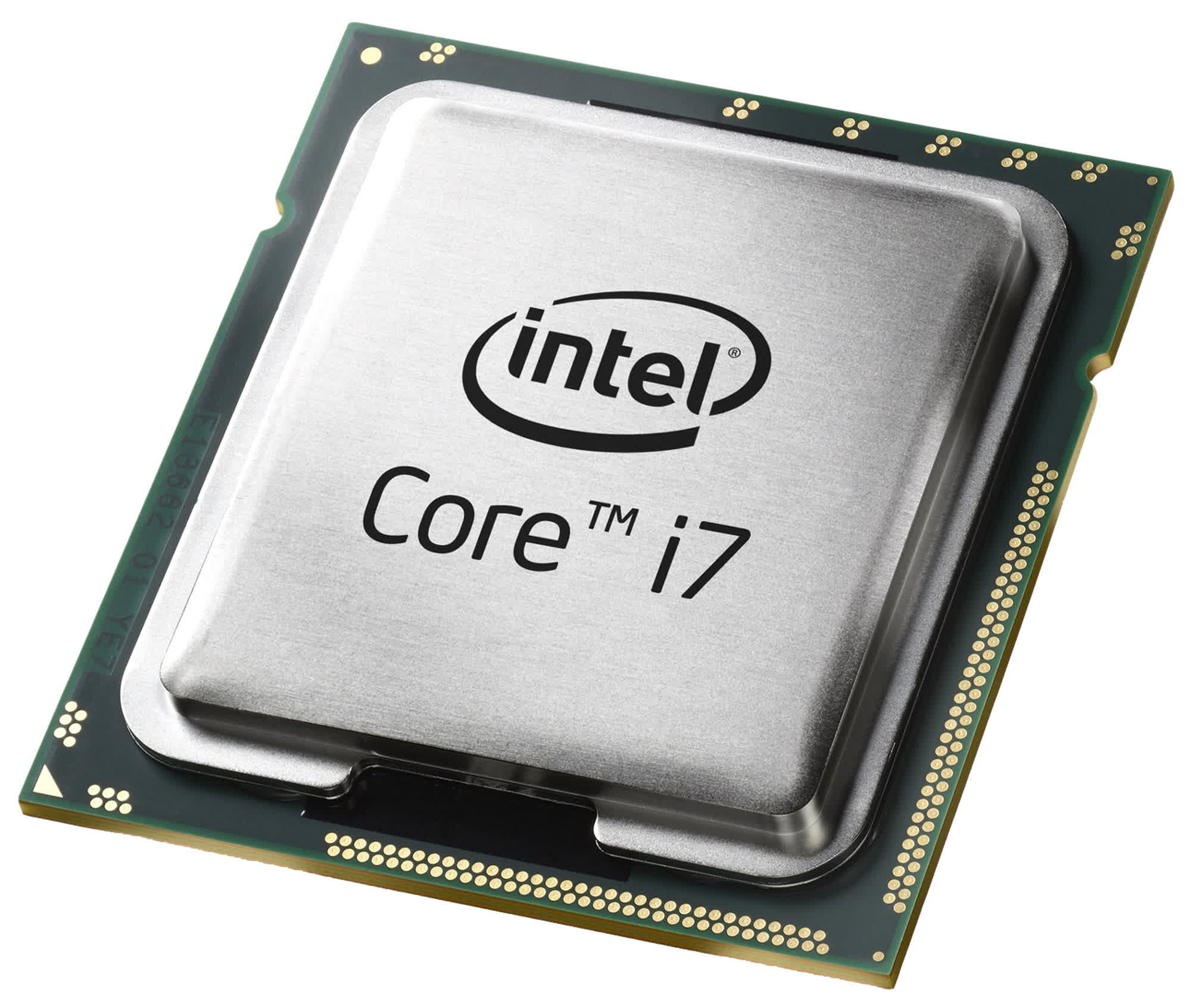In context: Windows 11 has introduced more demanding hardware requirements for the installation and operation of the operating system. With the latest major upgrade on the horizon, Microsoft appears to be intensifying its efforts to ensure that the OS is incompatible with older components.

Windows 11 is approaching its third anniversary, and Microsoft is gearing up for the next major upgrade. Following the system requirement policy introduced in 2021, the upcoming Windows 11 24H2 release will discontinue support for PCs using certain older CPUs.
Microsoft has implemented a new "hard" compatibility block with Windows 11 Canary build 26058, requiring users to have a CPU with support for the POPCNT (population count) instruction to boot the OS. Another compatibility block has been identified in the latest Windows 11 preview build (26063), which introduces support for Wi-Fi 7 and officially requires proper support for SSE4.2 CPU instructions.
SSE4 is a SIMD (Single Instruction, Multiple Data) extended instruction set introduced by Intel in 2006 with its Penryn CPUs (Core 2). The initial SSE4.1 extended set included 47 new instructions, while a second instruction subset (SSE4.2) was first implemented in Nehalem-based processors released in 2008.

SSE4.2 instructions are designed to perform character search and comparison on two operands of 16 bytes at a time, which speeds up parsing of XML documents, accelerates CRC32 computation for certain data transfer protocols, and more. Any x86 CPU manufactured after 2008 should include support for SSE4.2 instructions, while processors released before the first generation of the Intel Core i5 and i7 CPUs do not.
The 26063 preview build has introduced a new "BlockedBYSSE4.2" value to the compatibility blocks stored within the Windows registry. Some users have attempted to install the OS on older PCs, confirming that the build cannot run on CPUs that lack SSE4.2 instructions.
At this point, it is unknown what Microsoft plans to do with forced SSE4.2 support in Windows' codebase. Previously introduced "soft" compatibility blocks of Windows 11, such as TPM and Secure Boot, were (and still are) easily bypassed, providing a cost-effective upgrade opportunity for owners of older PC hardware.
https://www.techspot.com/news/102041-windows-11-24h2-block-processors-lack-sse42-instruction.html